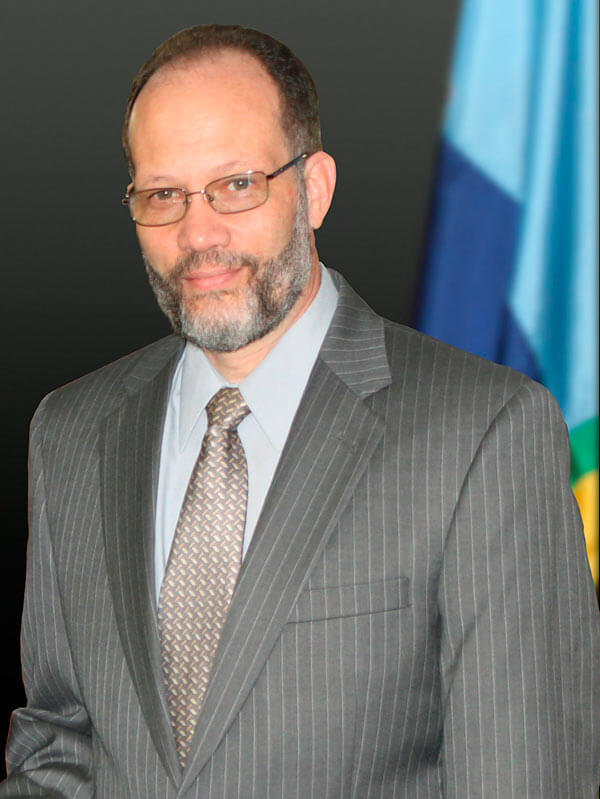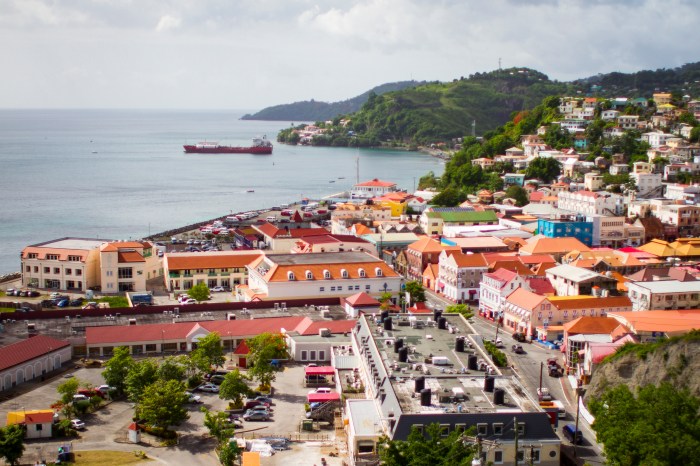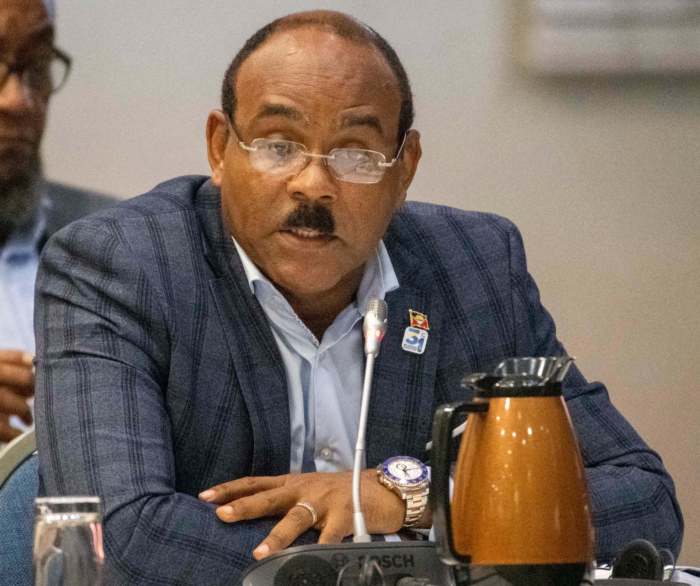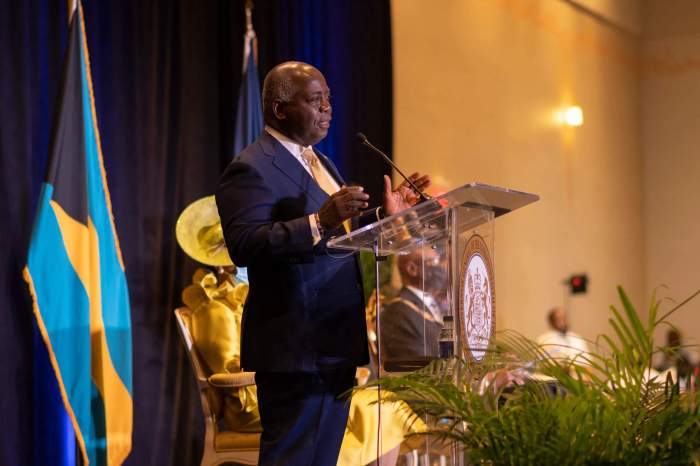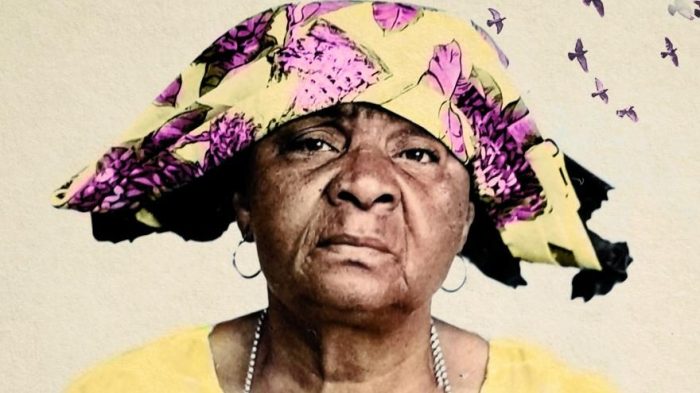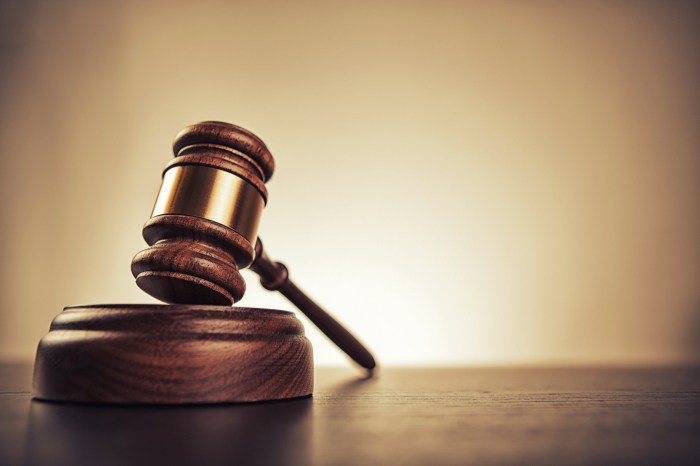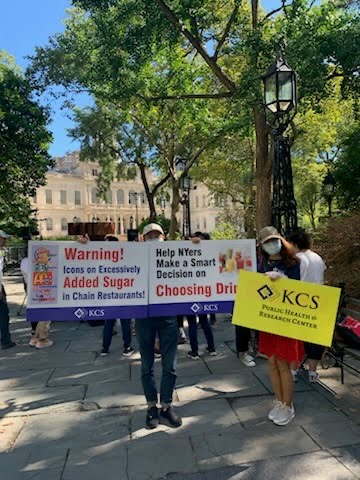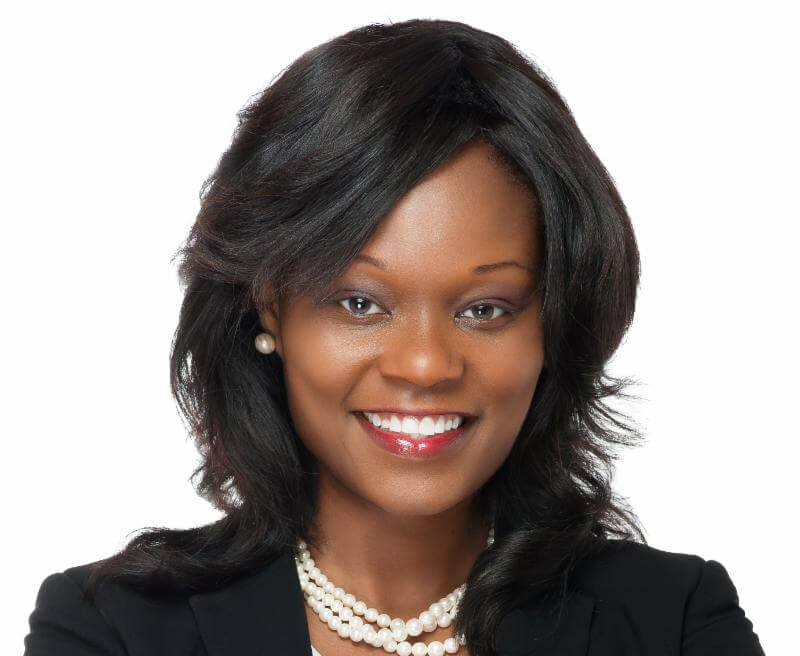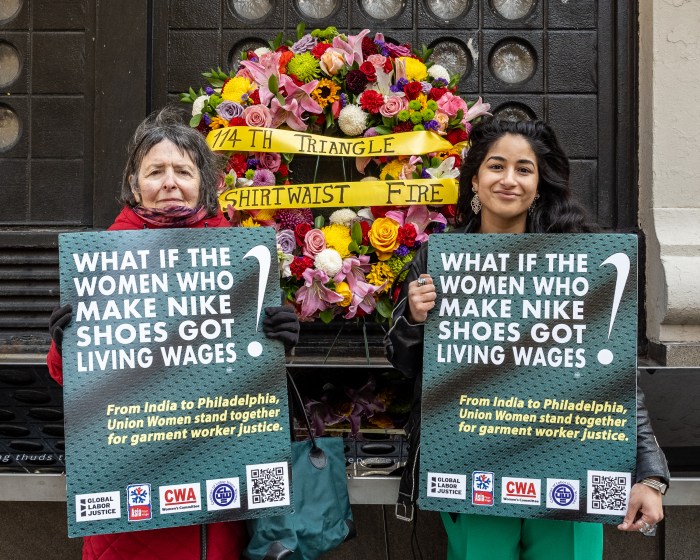Caribbean governments Wednesday, Nov. 21 said they have raised more than $1.3B in monetary pledges and over $1B in loans and debt relief payments from an international donors conference held this week to raise money to rebuild island nations which were pulverized by hurricanes Irma and Maria.
The bloc of 15 nations said in an overnight statement that the region received overwhelming support from western donor nations, multilateral agencies such as the World Bank and the Inter American Development Bank and countries like Canada and The Netherlands.
The two-day high level pledging conference was held at United Nations headquarters in New York to raise money to help nations battered by back to back category five storms Irma and Maria rebuild stronger and better systems in time for next year’s storm season.
The United States was a major disappointment as expected, coming up with a mere $4M in grant aid but officials said that Washington has its own worries with very major damage to dependent territories like Puerto Rico and the Virgin Islands. It had also contributed supplies in the aftermath of the storms, rated by experts to be among the two most powerful and destructive ones in this part of the world in modern times.
Detailing amounts, the bloc said The Netherlands pledged $352M, the European Union $140M, World Bank $78M, Canada $30M, China $27M, Mexico $12M, Italy $4.3M, the United States $4M, Japan $1M, Kuwait $2M, India $1M, Venezuela $1.2M and Belgium $1M.
Others like Chile, Denmark, Colombia, Haiti, New Zealand, Brazil, Kazakhstan, Romania, Serbia and Portugal all came in with amounts ranging from $500,000 to $20,000 as in the case of Serbia. Haiti offered $250,000.
The bloc also said that the IDB has pledged up to a billion dollars in infrastructural loans, while Venezuela chipped in with $1M in debt forgiveness among member nations. The bloc has said that revised estimates of damage and reconstruction needs top $5B.
Secretary General Irwin La Rocque had said that the region is anxious to rebuild smarter and better to cope with storms that are increasingly more powerful these days.
The idea is to use Dominica, where about 90 percent of buildings were destroyed or damaged, as the “world’s first climate resilient nation” with major amendments to the way infrastructure is built. Experts are now looking to bury power cables and generators underground and to come up with ways of making mobile phone towers sturdier and resistant to high winds among other innovations.
The EU said that about a third of the money it will make available will be in the form of grant aid and a significant portion of it will go towards Barbuda which was flattened in September. All of its nearly 1,600 residents were moved to sister island Antigua and many are struggling to raise money to rebuild.
The EU did not leave out Cuba, normally forgotten because of the language barrier and its far north geographical location, as well as and St. Kitts saying these will be assisted alongside Dominica and Barbuda, the hardest hit among the CARICOM nations. Kuwait said it is prepared to “extend concessional loans and technical assistance grants to countries affected by the hurricanes.”
Several CARICOM leaders attended the conference, not the least of them being Roosvelt Skerrit of Dominica, Gaston Browne of Antigua and Barbuda and current Chairman Keith Mitchell of Grenada. The bloc also ensured that there were representatives from Dutch St. Maarten, the British Virgin Islands and the Turks and Caicos where damage was significant.
Trying to put life in the region in perspective, PM Browne said that is now “a new category of Caribbean citizens” called “climate refugees” who are badly in need of help, homes, jobs and other basics. The tumultuous 2017 season is expected to close off at month end and officials are already panicking about the 2018 period as it starts in June.


